Climate
-
 Climate
ClimateHow electric vehicles offered hope as climate challenges grew
Amid daunting climate change challenges, electric vehicles swerved into the spotlight this year.
-
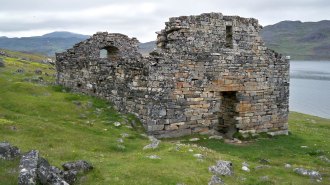 Climate
ClimateVikings may have fled Greenland to escape rising seas
Vikings abandoned Greenland in the 15th century. Lower temperatures, an expanding ice sheet and rising sea levels may have played a role in their departure.
By Freda Kreier -
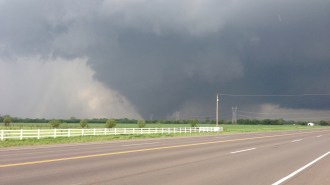 Climate
ClimateHow a warming climate may make winter tornadoes stronger
A climate simulation suggests that higher winter temperatures could make twisters more powerful.
-
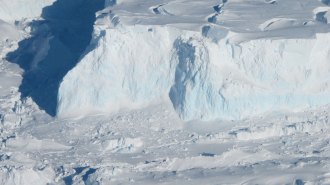 Climate
ClimateAntarctica’s Thwaites Glacier ice shelf could collapse within five years
The loss of Thwaites’ buttressing ice shelf could hasten the demise of the “Doomsday Glacier” and raise the risk of dramatic sea level rise.
-
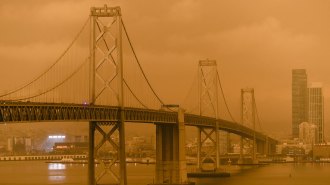 Climate
ClimateWildfire smoke may ramp up toxic ozone production in cities
A new study reveals how wildfire smoke produces toxic ozone and how urban air pollution could exacerbate the problem.
-
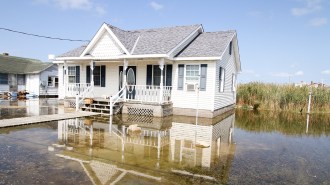 Climate
ClimateClimate change could make Virginia’s Tangier Island uninhabitable by 2051
Tangier Island could be lost to rising seas sooner than previously realized. Whether to save the island or move its residents remains undecided.
-
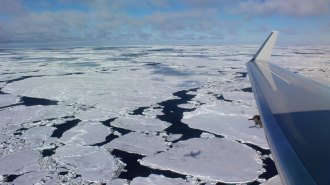 Oceans
OceansThe Southern Ocean is still swallowing large amounts of humans’ carbon dioxide emissions
A 2018 study suggested the ocean surrounding Antarctica might be taking up less CO₂ than thought, but new data suggest it is still a carbon sink.
-
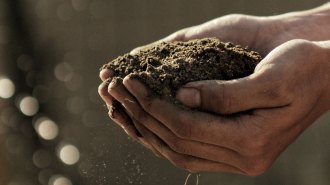 Life
LifeFungi may be crucial to storing carbon in soil as the Earth warms
Fungi help soil-making bacteria churn out carbon compounds that are resilient to heat, keeping those compounds in the ground, a study suggests.
By Freda Kreier -
 Animals
AnimalsA new book shows how animals are already coping with climate change
‘Hurricane Lizards and Plastic Squid’ takes a clear-eyed look at future of animal life.
-
 Climate
ClimateHow climate change may shape the world in the centuries to come
Climate projections need to be pushed long past the established benchmark of 2100, researchers argue.
-
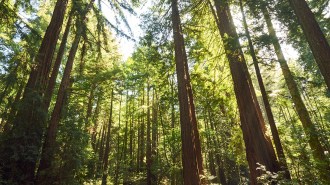 Climate
ClimateA new map shows where carbon needs to stay in nature to avoid climate disaster
Scientists have mapped the location of key natural carbon stores. Keeping these areas intact is crucial to fighting climate change.
-
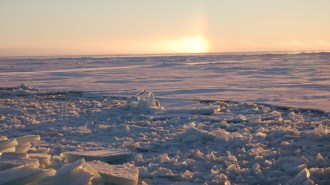 Earth
EarthScientists are racing to save the Last Ice Area, an Arctic Noah’s Ark
The Last Ice Area may be the final refuge for summer sea ice and the creatures that depend on it. Saving it is an ambitious goal with many hurdles.
By Freda Kreier